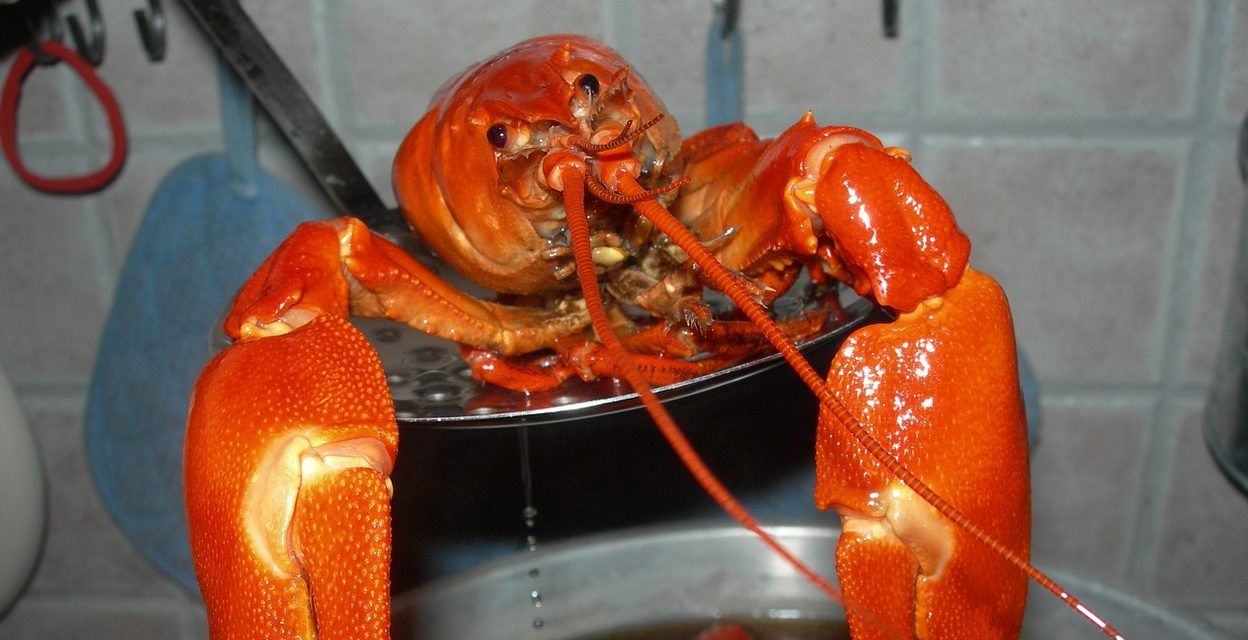
In vertebrates, endogenous opioids are neurochemicals that moderate pain by interacting with opioid receptors. These fulfilled criteria include a suitable nervous system and sensory receptors opioid receptors and reduced responses to noxious stimuli when given analgesics and local anaesthetics physiological changes to noxious stimuli displaying protective motor reactions exhibiting avoidance learning and making trade-offs between noxious stimulus avoidance and other motivational requirements.

To address this problem when assessing the capacity of other species to experience pain, argument by analogy is sometimes used.Ĭrustaceans fulfill several criteria proposed as indicating that non-human animals may experience pain. Responses to putatively painful stimuli can be measured, but not the experience itself. Suffering cannot be directly measured in other animals. ĭefinitions of pain vary, but most involve the ability of the nervous system to detect and reflexively react to harmful stimuli by avoiding it, and the ability to subjectively experience suffering. Because of this complexity, the presence of pain in an animal, or another human for that matter, cannot be determined unambiguously using observational methods, but the conclusion that animals experience pain is often inferred on the basis of likely presence of phenomenal consciousness which is deduced from comparative brain physiology as well as physical and behavioural reactions.

Pain is a complex mental state, with a distinct perceptual quality but also associated with suffering, which is an emotional state. The report also made specific recommendations to improve current animal welfare practices, including banning the declawing of crabs, the sale of live crabs and lobsters to untrained handlers, and extreme slaughter methods like live boiling without stunning.Pain in crustaceans is a scientific debate which questions whether they experience pain or not. “One way the UK can lead on animal welfare is by protecting these invertebrate animals that humans have often completely disregarded.”

“The amendment will also help remove a major inconsistency: octopuses and other cephalopods have been protected in science for years, but have not received any protection outside science until now,” he added. “After reviewing over 300 scientific studies, we concluded that cephalopod mollusks and decapod crustaceans should be regarded as sentient, and should therefore be included within the scope of animal welfare law,” said Dr. Birch reviewed over 300 scientific studies to evaluate evidence of sentience in cephalopods, such as octopuses, squid and cuttlefish, and decapods, such as crabs, lobsters and crayfish. The initiative is the result of a government-commissioned independent review led by LSE professor Dr. The UK government has confirmed last week that all decapod crustaceans and cephalopod mollusks will now fall under the Animal Welfare (Sentience) Bill.

The move follows an independent review led by scientists at the London School of Economics (LSE), which concluded that there is strong evidence these animals can feel pain, distress, or harm. In a landmark achievement for animal welfare, octopuses, crabs, and lobsters will be considered sentient beings under UK law.


 0 kommentar(er)
0 kommentar(er)
